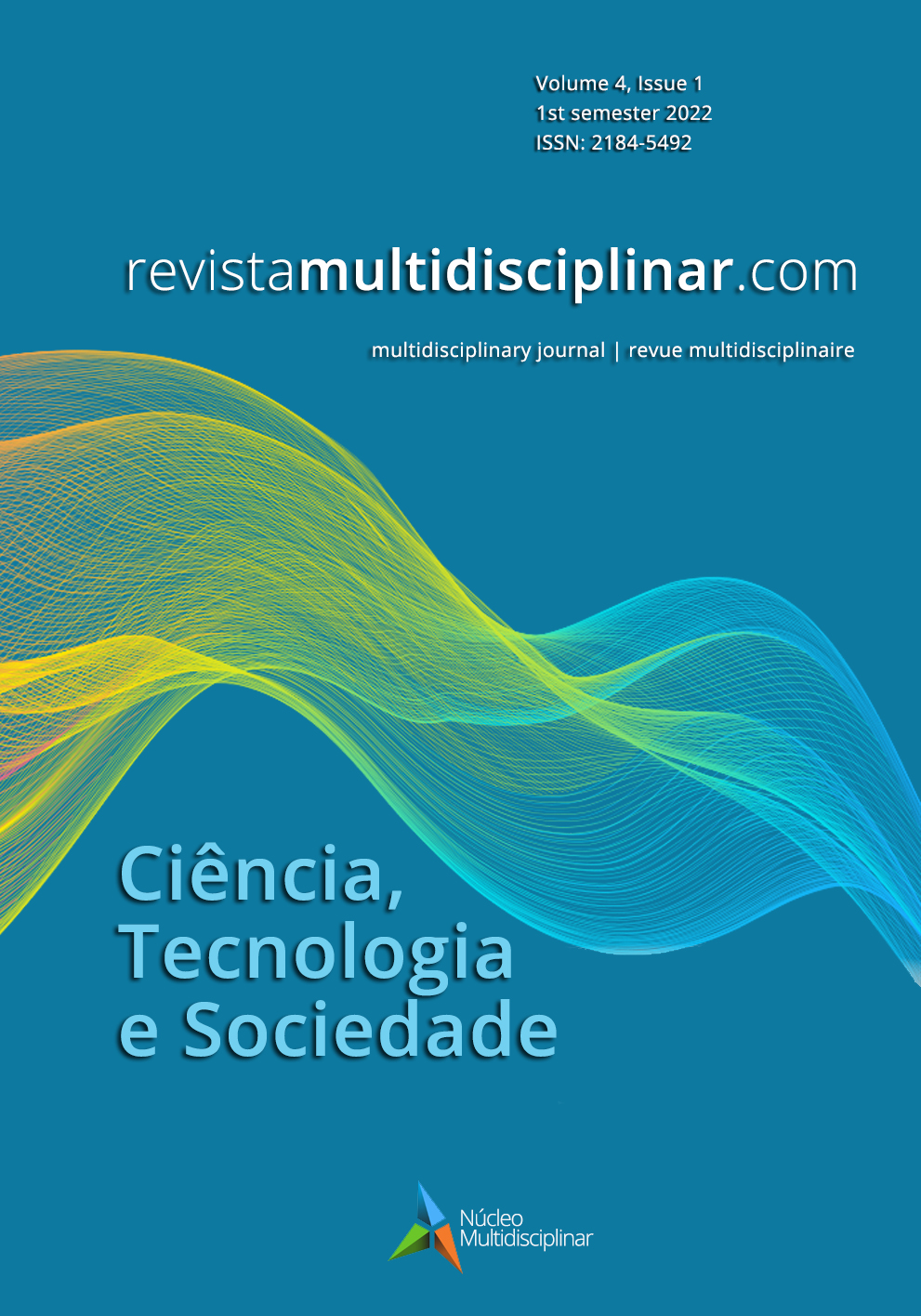Raising qualifications and intergenerational wellbeing
Employment and productivity in the pandemic
DOI:
https://doi.org/10.23882/rmd.22100Abstract
We humans are not programmed to witness sudden changes and new realities that come from it, but reality is much more conventional than our ideas. This means that the post-Covid-19 reality will be more uncertain, propagating risk and, therefore, fear and precaution. It is the advent of rapid transformations that will force us to be more humble in the face of nature, coexistence and teaching. The myth of digital increases some qualifications in the short term, but in the long term it changes the method of transmitting knowledge with obvious reflexes on the employment model, therefore on productivity and leisure. In other words, this trilogy that we are watching will follow its adaptive course over time. However, this turmoil is already creating a generation gap. We walk a path between the face-to-face way of life and the remote way of life. Adapting to a new job market that awaits us will continue to generate income without which living, and leisure will not be wellbeing. Teaching locations are being reinvented, provoking familiarity with digital platforms and remote contacts. There will be no doubt about the theoretically harmful effects on the qualifications of students and on the continuous training of those who work. Gently everything changed. The reflexes of the turmoil caused by the pandemic made what was already latent more evident, that is, it accelerated the complementarity of the learning and knowledge cycle to the job market. This is what we intend to rehearse with this testimony.
References
Banco Mundial (2020, junho 18). Simulation the Potential Impacts of Covid-19 School Closures on Schooling and Learning Outcomes: a Set of Global Esti-mates. The World Bank. https://bit.ly/34lBhkr
Bar-Isaac, H., & Levy, R. (2022). Motivating employees through career paths. Jour-nal of Labor Economics, 40(1), 95-131. https://doi.org/10.1086/713759
Becker, G. S., & Tomes, N. (1979). An equilibrium theory of the distribution of income and intergenerational mobility. Journal of political Economy, 87(6), 1153-1189. https://doi.org/10.1086/260831
Becker, Gary (1994). Human Capital: A Theoretical and Empirical Analysis, with Special Reference to Education. University of Chicago Press, Chicago.
Becker, Gary S. (2009). Human capital: A theoretical and empirical analysis, with special reference to education. University of Chicago press.
Becker, G. S., Mulligan, C. B. (1997). The Endogenous Determination of Time Pref-erence, The Quarterly Journal of Economics, 112(3), 729–758. https://doi.org/10.1162/003355397555334
Bengtson, V. L., & Silverstein, M. (2019). Longitudinal study of generations, Cali-fornia, 1971, 1985, 1988, 1991, 1994, 1997, 2000, 2005 [Data file and code-book]. https://doi.org/10.3886/ICPSR22100.v5
Centeno, M. (2021, novembro 29). Os desafios da economia portuguesa na pós-pandemia. Intervenção de abertura do Governador do Banco de Portugal na Conferência do Expresso e Banco de Portugal. Banco de Portugal. https://bit.ly/342DMsf
Crato, N. (2020). Como a pandemia mudou a educação, e como a pandemia não mudou a educação. In N. Santos (Org.). Pensar o Futuro: Portugal e o mundo depois da Covid-19 (pp. 183-197). Porto Editora.
Darwin, C. (1859). A Origem das Espécies. Lello & Irmão Editores. Porto. S/d.
Deater-Deckard, K. (2014). Family Matters: Intergenerational and Interpersonal Pro-cesses of Executive Function and Attentive Behavior. Current Directions in Psychological Science, 23(3), 230-236. https://doi.org/10.1177%2F0963721414531597
Dorn, E., Hancock B., Sarakatsannis, J., & Viruleg, E. (2021). COVID-19 and edu-cation: The lingering effects of unfinished learning. Mckinsey & Company. https://mck.co/3rUxjYk
Kirschner, P. A., & De Bruyckere, P. (2017). The myths of the digital native and the multitasker. Teaching and Teacher Education, 67, 135-142. https://doi.org/10.1016/j.tate.2017.06.001
Martin-Matthews, A., & Kobayashi, K. M. (2018). Intergenerational Transmission: Research on Levels of Intergenerational Mobility. In International Encyclope-dia of the Social Sciences, May 29, https://bit.ly/3o8tY6O
Menchik, P. L. (1979). Inter-generational Transmission of Inequality: An Empirical Study of Wealth Mobility. Economica, 46(184), 349-362. https://doi.org/10.2307/2553676.
Neves, J. C. (2020). Economia: o vírus não dá saltos. In N. Santos (Org.), Pensar o Futuro: Portugal e o mundo depois da Covid-19 (pp. 123-137). Porto Editora.
OIT, Organização Internacional do Trabalho (2022). World Employment and Social Outlook: Trends 2022. Genebra.
Piketty, T. (2014). O Capital no século XXI. Temas e Debates.
Pinto, J. N. (2020). Contágios – 2500 anos de Pestes. Publicações Dom Quixote.
PROSPER – Católica Lisbon Center of Economics for Prosperity (2021, junho 22). 400 Mil novos pobres e 9% de aumento na desigualdade devido à covid-19 em Portugal. Universidade Católica Portuguesa, Notícias. https://bit.ly/3KY6X0q
Ross, A, (2016). As Indústrias do Futuro. Conjuntura Actual Editora.
Santos, A. D. (2020). A crise estabelecida e a aversão ao estranho: o novo despertar da vivência racional. Nova Águia, Revista de Cultura para o Século XXI, 26, 93-98.
Simões, M., Fonte-Santa, S. (2021). Efeito das políticas da educação na produtivi-dade. GPEARI, Boletim Mensal de Economia Portuguesa, 12, 105-118. https://bit.ly/3ILSSkC
Published
How to Cite
Issue
Section
License
Copyright (c) 2022 Antonio Duarte Santos

This work is licensed under a Creative Commons Attribution-NonCommercial 4.0 International License.









